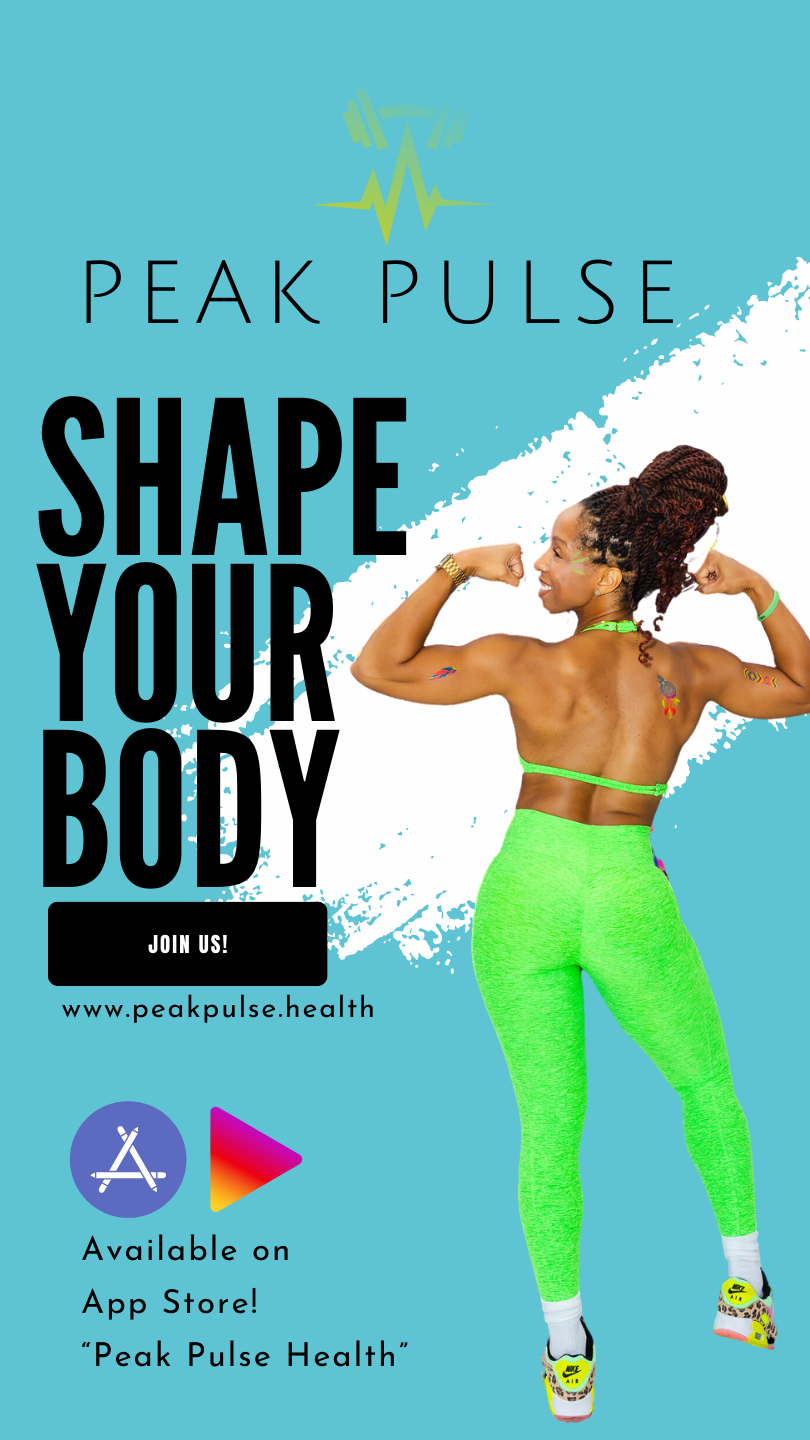Hydration is one of the simplest yet most powerful ways to support your health—but how much water is enough? You’ve probably heard the “eight glasses a day” rule, or maybe even seen people toting around gallon-sized water bottles. While these are well-meaning suggestions, they aren’t tailored to individual needs.
Here’s what I teach my clients: you should aim to drink half your body weight in ounces of water daily. For example, if you weigh 150 pounds, your target would be 75 ounces of water per day.
This simple formula is easy to remember and provides a great starting point for most people. But, like anything in health, there’s more to the story. Let’s dive into why hydration is so important, how factors like activity level or climate can tweak your needs, and how to tune into your body for the best results.
Why 1/2 Your Body Weight in Ounces Works
This recommendation works well for most people because it’s:
- Practical: The formula is easy to calculate, making hydration goals simple to implement.
- Balanced: For the average person, it provides a reasonable baseline that accounts for daily fluid losses.
- Effective for Building Habits: It encourages consistent hydration without overcomplicating the process.
When to Adjust Your Water Intake
While the 1/2 your body weight in ounces rule is a great springboard, your actual hydration needs may vary based on these factors:
1. Activity Level
- Why It Matters: Exercise and physical activity increase fluid loss through sweat.
- How to Adjust: Add an extra 12–16 ounces of water for every 30 minutes of moderate to intense exercise.
2. Climate
- Why It Matters: Hot or humid weather leads to increased sweating, which raises your fluid needs.
- How to Adjust: Drink additional water if you’re in a hot environment or spending time outdoors in the sun.
3. Diet
- Why It Matters: High-sodium or high-protein diets can require more water for your body to process these nutrients. Conversely, a diet rich in water-dense foods (like fruits and vegetables) may slightly reduce your needs.
- How to Adjust: Pay attention to how your food choices impact thirst and hydration.
4. Health Conditions
- Why It Matters: Certain conditions (like kidney or heart issues) may require tailored hydration plans.
- How to Adjust: If you have specific health concerns, consult a physician to determine your optimal water intake.
5. Pregnancy or Breastfeeding
- Why It Matters: Fluid demands increase during pregnancy and breastfeeding to support both parent and baby.
- How to Adjust: Add about 10–13 cups (80–100 ounces) of total fluids daily during these stages.
How to Know If You’re Drinking Enough
Your body gives you clues about your hydration status. Here’s what to watch for:
- Thirst: This is your body’s natural reminder to drink more. Don’t ignore it.
- Urine Color: Aim for pale yellow. Dark yellow or amber means you may need more water.
- Energy Levels: Feeling tired or sluggish can be a sign of mild dehydration.
Practical Tips to Hit Your Hydration Goals
Hydration doesn’t have to be a chore. Here are some easy ways to stay on track:
- Start Early: Drink a glass of water first thing in the morning to rehydrate after sleeping.
- Carry a Water Bottle: A reusable water bottle makes it easier to sip throughout the day.
- Eat Your Water: Incorporate hydrating foods like cucumbers, watermelon, and oranges into your meals.
- Flavor It Up: Add a slice of lemon, mint, or berries to your water if plain water feels boring.
What If You’re Drinking Too Much?
While hydration is essential, overhydration is also a risk. Drinking excessive amounts of water can dilute your body’s electrolytes, leading to a condition called hyponatremia. If you notice clear urine or feel bloated after drinking water, scale back slightly and monitor how you feel.
How I Can Help You Hydrate Smarter
If hydration feels confusing or you’re not sure how to tailor it to your lifestyle, I’m here to help. Through Peak Pulse, I provide personalized guidance to optimize your wellness journey, including:
- Calculating your ideal hydration needs based on your weight, activity level, and health status.
- Offering practical tips to integrate hydration into your busy schedule.
- Addressing unique health concerns that may affect your fluid needs.
Schedule Your Discovery Call to get started on building a hydration plan that works for you.
Conclusion: Start with the Basics, Adjust as Needed
Hydration is simple, but it’s not one-size-fits-all. Drinking half your body weight in ounces daily is a great starting point to ensure your body has the fluids it needs. From there, tune into your activity level, environment, and personal cues to make adjustments.
Remember, hydration is one part of a bigger picture. If you’re ready to take your wellness journey to the next level, I’m here to guide you every step of the way.
TeenyDose is your resource for navigating the healthcare world. Providing tips for patients who seek help with medical questions and for providers who need resources to help their patients best. If you love what you read here, don’t be selfish. Share it with your friends. We would love to hear from you if you have suggestions or wish to be a contributor.
Visit www.shariandrews.com and www.peakpulse.health for wellness solutions and personalized concierge services. I’m your partner in prioritizing health and making sense of your healthcare journey.








